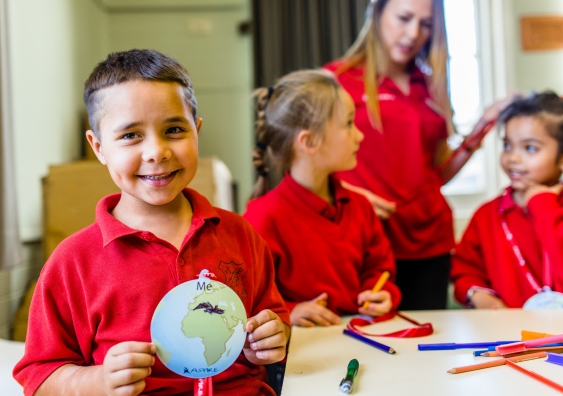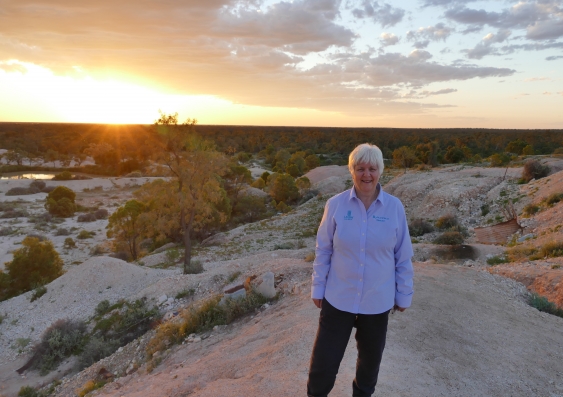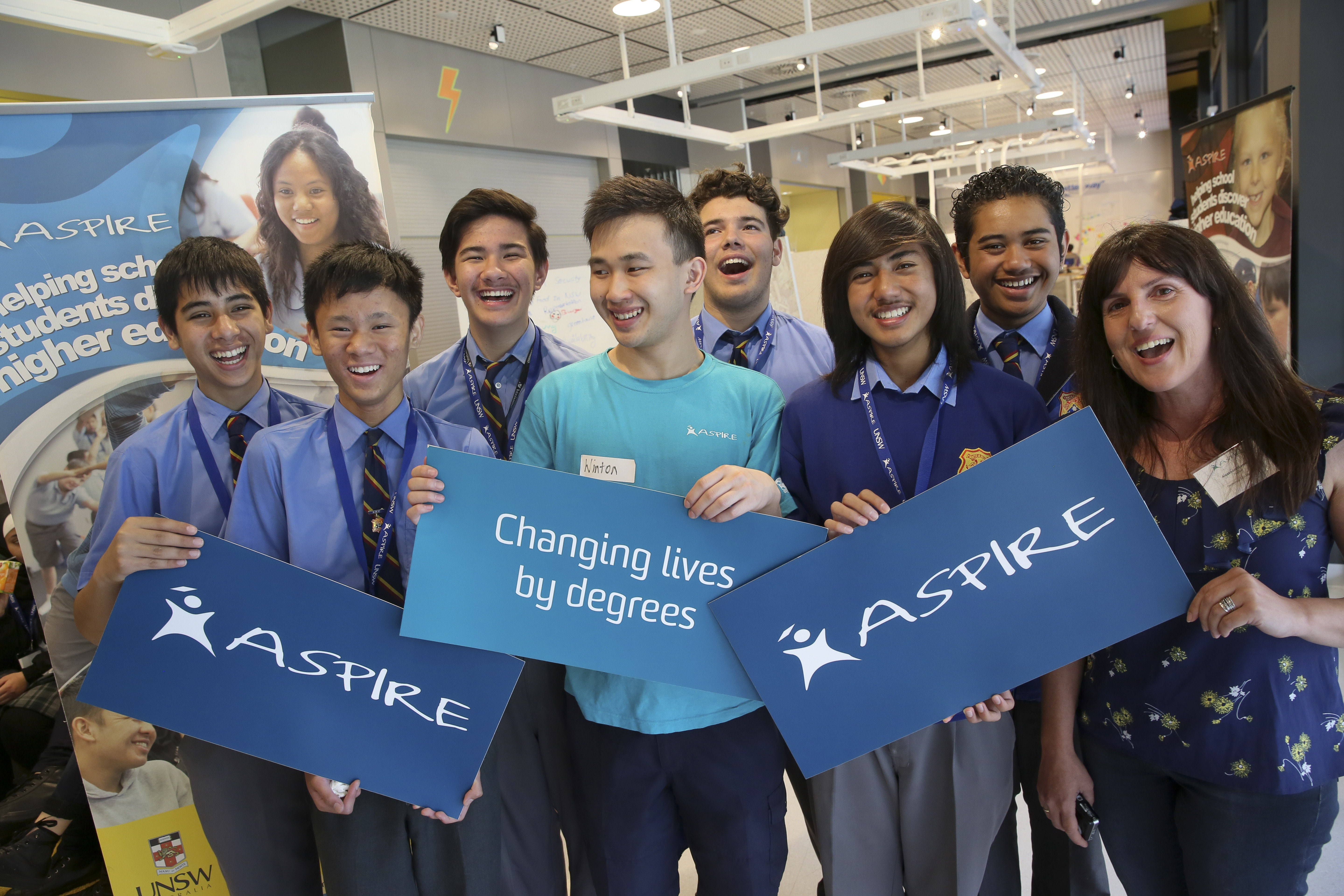ASPIRE scores funding for new regional programs
An $800,000 funding boost puts UNSW’s outreach program, ASPIRE, on the road to even greater success.
An $800,000 funding boost puts UNSW’s outreach program, ASPIRE, on the road to even greater success.

Wendy Frew
UNSW Media Office
9385 2481
w.frew@unsw.edu.au
ASPIRE, UNSW’s premier outreach program that introduces disadvantaged students to university, will roll out new projects in regional NSW after receiving $800,000 from the federal government.
One project to benefit from the National Priority Pool funding is Uni in a Ute, which aims to aims to offer regional Year 11 students everything they need to get them ‘on the road’ to the world of higher education.
“With this funding we can build on our work to date and target specific areas of need, including, coding and computer literacies for teachers and students, and online reading mentors for younger children,” says Dr Ann Jardine, ASPIRE’s director.
“We have been working with our regional partner schools in NSW since 2010 and have seen a steady increase in the number of students receiving offers to university,” says Jardine. Universities Admissions Centre data shows a 120% increase in university offers to students from ASPIRE partner schools over six years (1076 in 2016, up from 488 in 2010).
“Students in regional schools should not be held back from pursuing a university education because of where they live or their financial situation,” she says.

Dr Ann Jardine, director of the ASPIRE program, at Lightning Ridge, NSW. (Credit: ASPIRE)
Built on an evidence-based approach that emphasises an early and sustained engagement, ASPIRE encourages students from low SES backgrounds to interact with the university environment through multiple workshops and visits to campus. To date the program has reached nearly 50,000 students, and is now involved with 56 primary and secondary schools in regional and metropolitan areas.
Its unique character was recognised last year with an Australian Rural Education Award, its second national honour. In 2012, the program won a prestigious Office for Learning and Teaching Award for its contribution to helping students from disadvantaged communities.
This year, a further $4.5 million committed by UNSW to its AimHigh Unit for a range of initiatives to widen access to university will mean many more students will benefit.
Students like 21-year-old Winton Wu, who was first acquainted with ASPIRE while at Canterbury Boys High School in Sydney’s south-west. He wanted to become a medical researcher but knew very little about how to make his dream a reality.
“Aspire was really invaluable for me as a student,” says Wu. “I had a misconception that I needed to study medicine to be a medical researcher. But it was by talking to the ASPIRE ambassadors that I learned I could do a science degree,” he says. “There were also events where we got to go to the university and explore the campus, and see what students and researchers do on a daily basis.”
Wu recently finished an advanced science degree at UNSW, specialising in molecular cell biology and microbiology. He was studying the evolution of bacterial pathogens, and has plans to eventually complete a PhD in the field.
During his time at UNSW, he was one of 200 ASPIRE student ambassadors, who collectively give more than 2000 volunteer hours annually.

ASPIRE student ambassador Winton Wu (centre) at his former school, Canterbury Boys High in Sydney's south-west.
“We try to work with students to inspire them to pursue their own career aspirations, and inform them about study and career options they maybe have never thought of or considered,” he says of visits to different schools. “It’s also very important to breakdown the stigmas that say people from low SES backgrounds can’t achieve their dreams.”
“A lot of these students don’t have many connections to people who have gone to university,” he says. “ASPIRE provides a platform to make those connections, to network with university students and grads, and to see how they have managed to succeed.”
Neal Reed, principal of Gilgandra High School in western NSW, knows first hand how effective it can be to bring students and role models together. He says the school’s partnership with ASPIRE, which started in 2010, has been “absolutely invaluable”.
“It exposes rural students to ideas and experiences they might not have otherwise had,” he says. “It forces them to challenge their own expectations and assumptions, and gives them an opportunity to interact with education and learning, locally and globally.”
Reed says regional communities also benefit from having students “come back with the skills to be community-minded leaders”.
“From a public education perspective, this is what it’s all about, enriching the lives of young people to contribute to society,” he says. “This is a platform that may well be life changing, simply by opening eyes to new possibilities.”